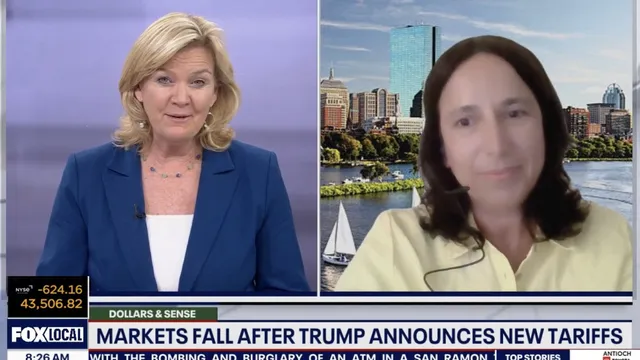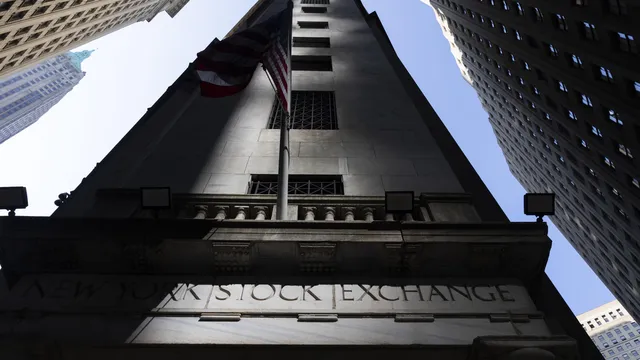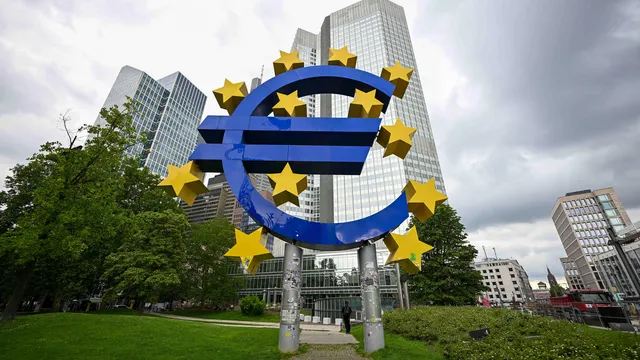The new tariffs imposed by President Donald Trump on a number of U.S. trading partners will have serious consequences for both American consumers and international economic relations. That is the assessment of Prof. Irena Vodenska, professor of finance and director of finance programs at Boston University’s Metropolitan College, in an interview with Fox News.
“Tariffs are essentially taxes on imported goods. And the primary immediate impact is to raise prices for domestic consumers. So naturally, the financial markets react,” she commented. Vodenska explained that when the U.S. imposes tariffs on products from other countries — whether it is steel, aluminum, electronics, or consumer goods — the cost of these imports increases, and that cost is typically passed along the supply chain to U.S. businesses and ultimately to consumers.
“So both businesses and consumers will feel the tariffs. While these measures are framed in a way to protect American industries and jobs, economic evidence shows otherwise — U.S. consumers have been reacting, and the markets have been reacting, because ultimately the financial burden is going to go through higher retail prices and reduced product choice,” she emphasized. “If not immediately, it’s going to be felt in the near future. By January next year, we will definitely feel it.”
Prof. Vodenska pointed out that tariffs rarely occur in isolation: “When one country imposes tariffs on another, there is retaliation — and that is a natural response.” She warned that this dynamic jeopardizes not only economic ties but also diplomatic and political relations between nations. “Switzerland is in shock from the 39% tariff rate on its goods. Mexico, 25% for India, 20% for Taiwan — almost every country in the world is affected by U.S.-imposed tariffs.”
Retaliatory tariffs from those countries will, in turn, make U.S. goods more expensive abroad, Vodenska said, noting that the U.S. is “entering into a trade war.” “Uncertainty itself is a major economic cost. When businesses don’t know which countries or goods will be affected next, or whether a trade war could escalate, they may delay investment, hiring, expansion, or new international deals.”
According to Prof. Vodenska, the new trade regime will introduce the highest tariffs America has imposed since 1933 — during the era of the Smoot-Hawley Tariff Act. That bill, she noted, contributed to deepening the Great Depression and was repealed in 1934 under President Franklin D. Roosevelt after Congress gave him power to roll back tariffs. It took nearly another decade and a world war before the rest of the world embraced freer trade with the creation of the General Agreement on Tariffs and Trade — the precursor to the modern World Trade Organization. | BGNES

 Breaking news
Breaking news
 Europe
Europe
 Bulgaria
Bulgaria







